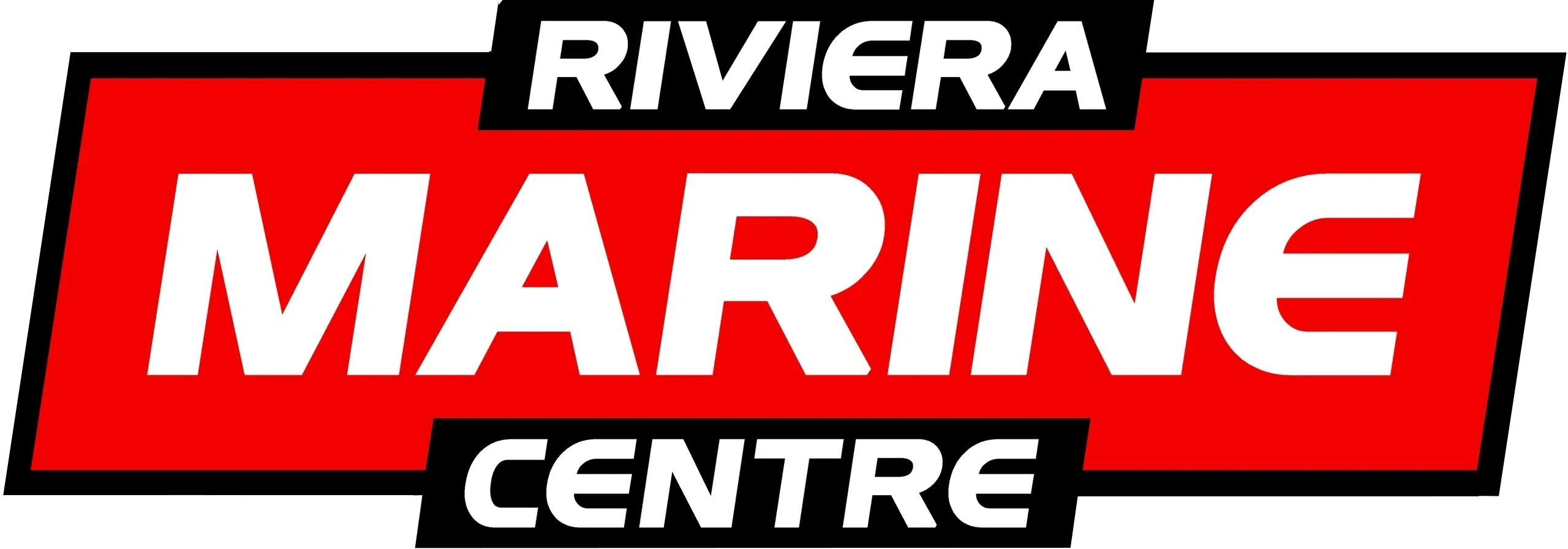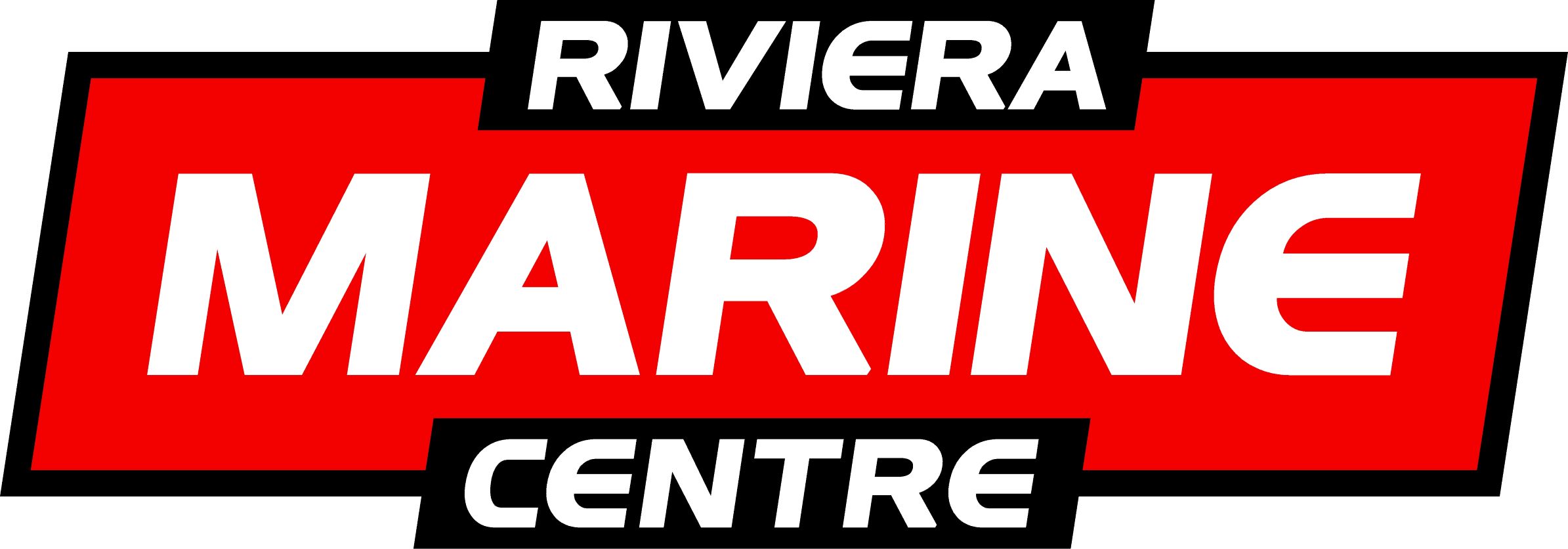
The Importance of Quality Boat Engine Oils: Its Impact in Marine Engine Efficiency

The quality of boat engine oils plays a big role in how well marine engines work. It's important to use the right marine oil. This ensures your marine engine runs efficiently. Plus, it's key for the engine's long life.
Marine oils are made to survive the tough saltwater and the high speeds of marine engines. They have more anti-corrosive parts. This helps protect engines from wear, corrosion, and oil breaking down. With lots of brands and kinds out there, picking the best one can be hard.
In this article, we'll look into what makes marine oil different from car oil. We'll talk about making marine oil, why changing oil regularly is important, and the best times to do it. You'll also learn how to check your outboard's oil and how picking the right marine oil matters a lot. Our expert advice will help you understand how good boat engine oils really boost marine engine performance and lifespan.
The Differences Between Automotive Oil and Marine Oil
It's vital to know the contrast between automotive and marine oil. They both protect and lubricate. Yet, they are made for very different uses.
Land vehicles use automotive oil. But, it's not right for boats. Marine oil is made for the sea's tough conditions. This includes saltwater, high humidity, and big temperature changes.
Marine oil is made to tackle the sea's challenges. It guards against saltwater corrosion and handles high engine speeds. One big difference is that marine oil has more anti-corrosive elements. These stop corrosion and keep the engine parts running longer.
Automotive oils must meet certain rules for car warranties. But, marine oils have a certification standard. This comes from groups like the National Marine Manufacturers Association (NMMA). They make sure the oil is top-quality for marine engines.
Take Yamalube 4-M marine oil as an example. It's for four-stroke outboard engines. It gives extra safety from wear, corrosion, and oil thinning.
The Manufacturing Process of Marine Oil
Marine oils are made for the tough tasks of marine engines. They fight shear, moisture, and rust well. They also create a strong shield to protect engines under heavy use.
These oils have more additives than car oils. You can get them as mineral-based, synthetic, or blends.
Types of Marine Oils:
- Mineral-based oils: These come from crude oil by distillation. They help marine engines work smoothly.
- Synthetic oils: Made in labs, synthetic oils are very uniform. They give top-notch performance. With them, you need fewer changes, they work great in any weather, and protect the engine well.
- Semi-synthetic oils: These are a mix of synthetic and mineral. They offer the goodness of both, enhancing performance and protection with a more friendly cost.
Creating marine oils involves special methods and checks. The goal is to make sure they perform as needed. A high-quality base is chosen first. Then, it’s mixed with the right additives.
The mixing is done very carefully. Checks along the way make sure the oil is just right.
Knowing how marine oils are made helps boat owners. They can choose the best oil for their engines. The right choice boosts engine life and trustworthiness.
The Importance of Regular Oil Changes
Did you know that changing your engine oil regularly is key to making marine engines last longer and work better? Engine oil does way more than just keep things slippery.
It also helps cool down the engine and takes out the bad stuff from burning fuel. This is super important on boats because they are often wet and salty, which can damage the engine.
Following the maker's guide on how often to change your oil is very important. For engines like Yamaha's outboard ones, this is every 100 hours or once a year. Doing this keeps the engine clean and running smoothly.
Changing the oil in the autumn, just before you store your boat for a while, is crucial too. A new batch of oil will protect the engine while it's not being used. It gets rid of any bad stuff in the old oil and stops corrosion.
The Best Time to Change Your Engine's Oil
Keeping your engine healthy and powerful means changing the oil on time. Have you ever wondered when it's best to get this done? We've got the answer you're looking for.
Fall is the perfect time for an oil change. This is especially true when you're getting ready to store your boat for winter. Changing your oil then is very smart and has a lot of benefits.
Benefits of Changing the Oil in the Fall:
- Removal of Acidic Combustion By-Products: Engine oil collects acidic stuff over time. This can harm parts of the engine. By changing the oil in the fall, you get rid of those risky substances. Your engine is kept safe from harm.
- Prevention of Corrosion: In boats, getting water into the engine can be a big problem. This water might freeze in winter storage, causing damage. However, changing the oil in fall means taking out any water. This cuts the risk of freezing and damage.
- Fresh Oil for Maximum Protection: Putting in new oil for winter ensures your engine is well-protected. It keeps the engine running well over winter. Your engine is ready to go come the new boating season.
Changing oil in fall protects your engine for the colder months. It avoids damage from acidic substances and corrosion. Taking care of it in autumn pays off.
Keep reading for more advice on how to keep your boat's engine in top shape.
How to Check Your Outboard's Oil Level
Checking your outboard engine's oil level is key to keeping it running smoothly. It's different from checking a car's oil. Yamaha gives a special way to do this. Follow their steps to check the oil right and fix any issues.
Step-by-Step Oil Level Check Procedure for Yamaha Outboard Engine:
- Start the outboard engine and let it warm up to normal operating temperature.
- Ensure the engine is in a vertical position, either by placing it in a water tank or using a tilt lock mechanism.
- Locate the oil level check screw or dipstick. These are typically located on the side of the engine's lower unit.
- Remove the oil level check screw or dipstick and wipe it clean with a lint-free cloth.
- Insert the clean oil level check screw or dipstick back into the oil level check hole without screwing it in. Then, remove it again.
- Observe the oil level on the dipstick or check the screw. The oil level should be between the "low" and "full" marks or within the designated range indicated by the manufacturer.
- If the oil level is low, add the appropriate outboard engine oil until it reaches the recommended level. Be sure to use the specified oil type and viscosity recommended for your Yamaha outboard engine.
- Reinstall the oil level check screw or dipstick securely.
Always check your outboard engine's oil level. This helps you spot problems early or avoid them. Keeping the oil at the right level is super important. It makes your engine last longer and work better. Always follow Yamaha's oil check steps to keep your engine happy.
The Importance of Choosing the Right Marine Oil
Selecting the correct marine oil is vital for your boat engine's health. Each engine needs oil tailored to its requirements. This ensures peak performance and longevity.
Engine manufacturers give detailed instructions on what oil to use for best results. Following their advice can improve your engine's life and performance. This is because the oil type, viscosity, and grade all play a big part in how well your engine runs.
Factors to Consider:
- Manufacturer Recommendations: Engine makers know best what their machines need. Always use the oil they suggest for maximum performance. This includes the right type, viscosity, and grade.
- Oil Viscosity and Grade: Engines vary in temperature and how fast they spin, needing different oil thickness and quality. Knowing the right numbers for viscosity and grade keeps your engine running smoothly.
- Two-Stroke or Four-Stroke Engine: The kind of engine, two-stroke or four-stroke, affects the oil you should use. Each type needs specific lubrication to work well and last long.
Picking the right marine oil keeps your engine at its best. It makes your adventures more reliable and enjoyable. This choice ensures your time on the water is worry-free.
Riviera Marine Centre understands the importance of choosing the best maintenance products. We provide top-notch marine oils and lubricants. Our expert team is here to help you find the ideal oil for your engine. This way, you can make the most of your marine experiences with confidence.
Different Types of Marine Oil: Mineral-Based vs. Synthetic
When you pick marine oil, you have two main options. There are mineral-based oils and synthetic oils.
Mineral-based oils come from crude oil. They are also called conventional oils. They cost less and work well in standard marine engines.
Synthetic oils, however, are made in a lab. They provide better protection. They last longer between oil changes, work great in extreme conditions, and are very effective in cold weather. Even though synthetic oils are pricier, they keep your engine cleaner, lower wear and tear, and offer superior protection in all conditions.
Performance Ratings and Manufacturer Recommendations
Choosing the best marine oil for your boat is crucial. You need to think about performance ratings and what the manufacturer advises. This is key for keeping your boat engine running well throughout its life.
Marine oils are assessed by different standards. The American Petroleum Institute (API) gives oils service categories based on performance. These categories are a useful guide for boat owners looking for the right oil for their engines.
The National Marine Manufacturers Association (NMMA) also plays a vital role. It certifies marine oils to meet industry standards. With this certification, you know the oil is safe to use in marine engines in any water environment.
When picking a marine oil, look at its viscosity index too. This shows how well the oil holds up across temperatures. A high index means the oil is stable, even in tough weather conditions.
Marine oils have special additives that make them even better. These additives help with lubrication, protect against corrosion, lower wear, and keep the engine clean. They're made to match the needs of marine engines under tough conditions.
Listening to what the manufacturer says is smart. They know what's best for their engines, considering the design and how it's used. By following this advice, your engine will get the best care it needs for long life and top performance.
Picking the right marine oil is critical for your boat's engine. Do it based on ratings and what the maker suggests. With the correct marine oil, your boating experiences will be worry-free Your engine will be protected and ready for adventures on the water.
Conclusion
Top-notch boat engine oils are a must for keeping marine engines in tip-top shape. These oils are special, made to work in salty water and handle high speeds. They shield the engine and keep it running smoothly.
It's vital to change the oil often as the makers suggest. This gets rid of bad stuff from the engine, stopping rust and wear. This simple step can make your engine last longer.
Choosing the best oil can boost how well your engine runs. Make sure to use what the maker of your engine says is good. And keep up with regular checks and oil changes. This will help your engine last a long time.
Are you in Australia and need the best oils and marine gear for your boat? Reach out to Riviera Marine Centre. We know our stuff and can help pick the right things for your engine. This way, your boat will keep going strong.






